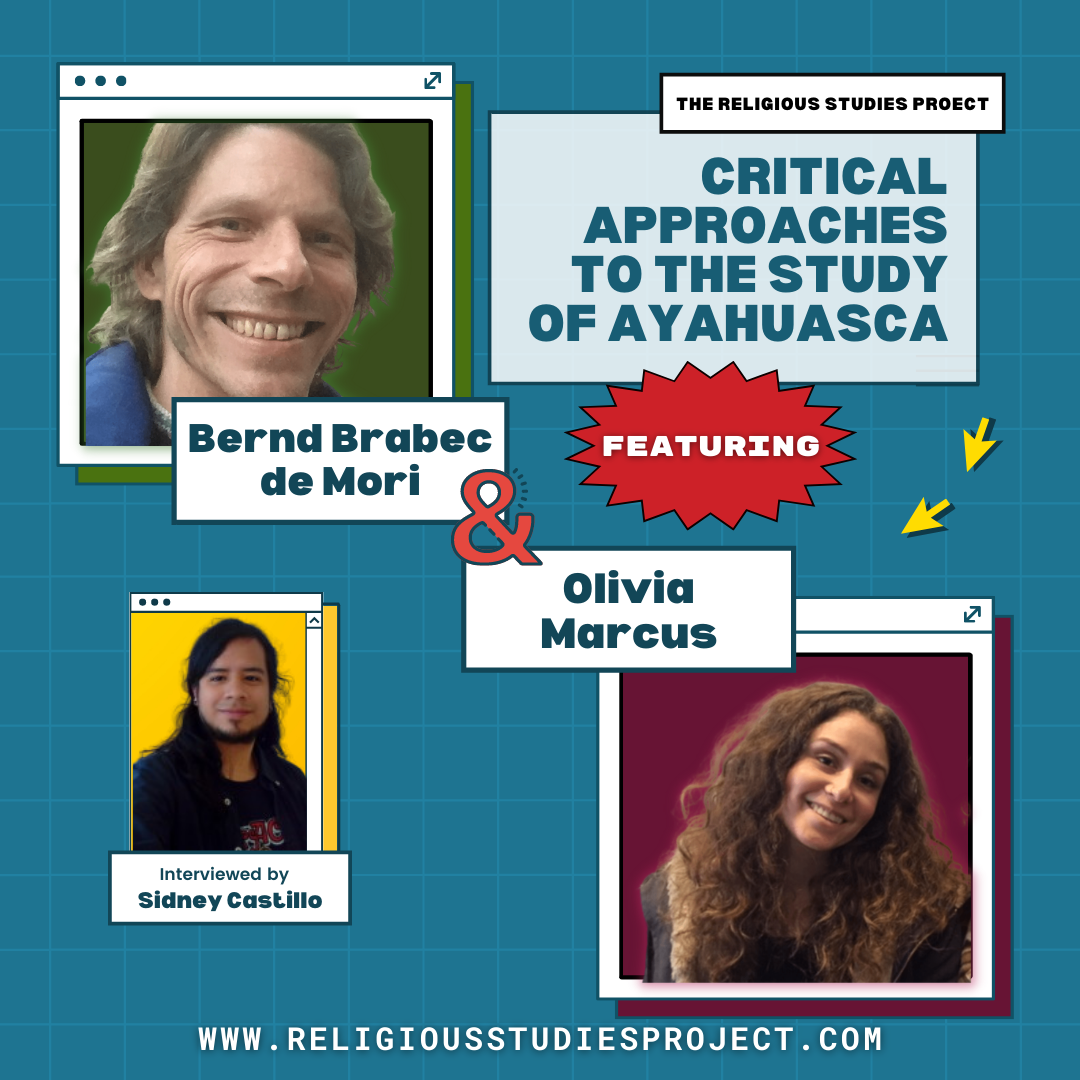In recent years, there has been an increased interest in the “psychedelic renaissance” for the development of medical psychotherapy and spiritual growth in countries of the global north. From alternative therapy centers in the USA and Canada, to tourist retreats in the Amazon, and spiritual communities in Europe, psychedelics have taken a new breath of life for the past 20 years in each of these locations. Their current popularity is due to the surprising results they achieve in the betterment of mental health disorders and personal fulfillment. Thus, plants and substances like the San Pedro cactus, psilocybin mushrooms, cannabis, LSD, MDMA, and more prominently, ayahuasca, have become “magic bullets” of sorts, all-powerful solutions to all-pervasive problems of the western world. Unfortunately, critical issues related to their consumption are lost from sight in the face of the enthusiasm and amazement of their effects.
On the other hand, psychedelic substances, i.e., substances that enable powerful bodily and visionary experiences, have been used in different societies across the world, and for a wider array of purposes than the previously described. For instance, indigenous peoples of the Peruvian rainforest like the Awajún, Huni Kuin, or Matsigenka ritually consume ayahuasca for purposes of divination, rite of passage, bolstering of social bonds, healing, exercise and countering witchcraft, etc. Thus, a key question comes forward, why does such a gap of emphasis exist between the purposes that arise in western contexts and the ones from other societies? Moreover, in the case of ayahuasca, why the particular concoction of the ayahuasca vine (Banisteriopsis Caapi) and the Chacruna plant (Psychotria viridis) has become so salient in the contemporary psychedelic landscape, despite being one of the possible plant admixtures among the many that indigenous people use?
In this episode, Sidney Castillo talks with Dr. Bernd Brabec de Mori and Dr. Olivia Marcus about their respective research on critical approaches for studying ayahuasca. Both have carried out ethnographic research in the Peruvian amazon in different settings; Brabec de Mori with the Shipibo of the Ucayali region, and Marcus among the mestizo populations of Tarapoto and Iquitos. Their critical discussion elaborates on the meanings and motivations for the indigenous and mestizo people to use ayahuasca, framing into context the major socio-cultural processes that allowed for it to be discovered, spread, and “rediscovered” in recent times. In this sense, they address issues of inequality, power relations, ownership, and reciprocity that lie at the core of ayahuasca consumption in the Peruvian Amazon. In consequence, they discuss what would decolonize our approaches to ayahuasca entail, if this is a possibility at all, and what would be the course of action for this to happen.
This episode results from the workshop “From Ritual to Justice: Towards a Decolonial and Feminist Approach to Ayahuasca”, organized by Olivia Marcus and Silvia Mesturini. It was part of the Society for the Anthropology of Lowland South America (SALSA) XIII Biennial Conference, June 21-June 25 and June 28-July 2, 2021. Hosted virtually by the University of Virginia due to the COVID-19 pandemic.





